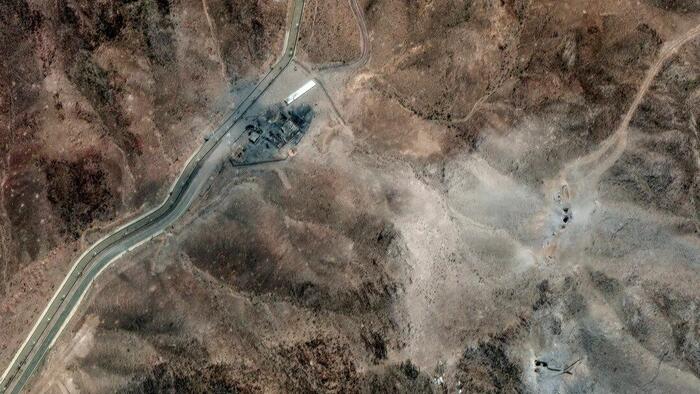


Authored by Jack Phillips via The Epoch Times (emphasis ours),
Iran’s foreign minister confirmed this week that U.S. airstrikes left the country’s nuclear facilities “destroyed” but said Iran would continue to enrich uranium. This comes about a month after three facilities were targeted.
“Our facilities have been damaged, seriously damaged, the extent of which is now under evaluation,” Iranian Foreign Minister Abbas Araghchi confirmed in a Fox News “Special Report” interview on July 21.
Later in the interview, Araghchi conceded that “the facilities have been destroyed,” referring to nuclear enrichment sites that were targeted by the U.S. military on June 22. President Donald Trump authorized the strikes amid a nearly two-week aerial war between Iran and Israel.
U.S. officials and Trump have said that strikes carried out by B-2 stealth bombers destroyed Iran’s ability to enrich uranium at three sites: Fordow, Natanz, and Isfahan. Several intelligence assessments have been leaked to the media suggesting otherwise, however, drawing pushback from Trump and others.
In a post on Truth Social on July 21, Trump responded to the Araghchi interview on Fox News and again said that reports claiming the United States didn’t destroy the sites are false. Trump also warned that the U.S. military could launch more strikes if needed.
“Iran’s Foreign Minister, Abbas Araghchi, on the Iran Nuclear Sites: ‘Damages are very severe, they are destroyed.’ Of course they are, just like I said, and we will do it again, if necessary! As interviewed by Bret Baier,” Trump wrote on social media.
The president added that CNN and other media outlets should “apologize” to him and “the great pilots” following the strikes, which he said “OBLITERATED” Iran’s facilities.
In the Fox News interview, Araghchi said that Tehran will not abandon its nuclear program.
“It is stopped because, yes, damages are serious and severe. But obviously, we cannot give up [on] enrichment because it is an achievement of our own scientists. And now, more than that, it is a question of national pride,” the foreign minister said.
Before the conflict in June, Tehran and Washington held five rounds of nuclear talks mediated by Oman but could not agree on the extent to which Iran should be allowed to enrich uranium.
Israel and Washington say Iran was close to enriching to levels that would allow it to quickly produce a nuclear weapon. Tehran says its enrichment program is for civilian purposes only.
U.S. ally Israel launched strikes on Iran on June 13, and the two nations then engaged in an air war for 12 days in which Washington also bombed Iran’s nuclear facilities. A cease-fire was reached in late June.
Araghchi also said that Iran’s top leader, Ayatollah Ali Khamenei, was in “good health” and that Tehran was open to talks with Washington, but that those will not be direct “for the time being.”
Iran will meet with France, Germany, and the United Kingdom in Istanbul on July 25 to discuss the country’s nuclear program, a spokesperson for the Iranian Ministry of Foreign Affairs said earlier this week.
The talks will take place at the deputy ministerial level, a spokesman said.
Reuters contributed to this report.
